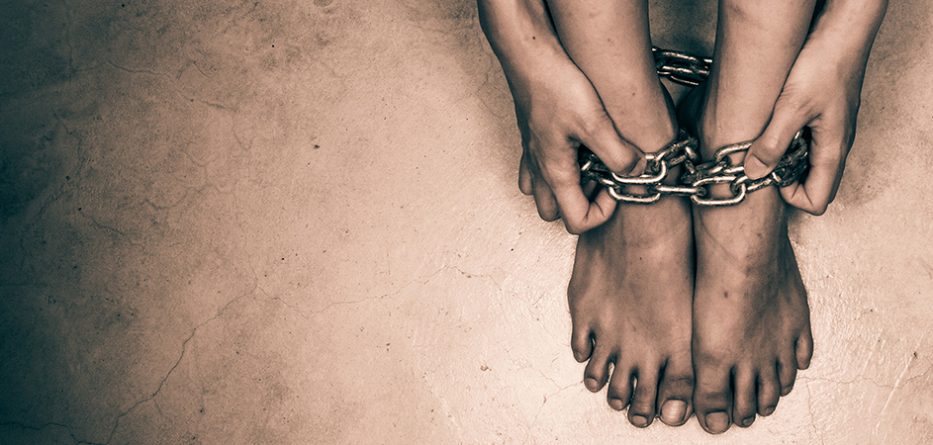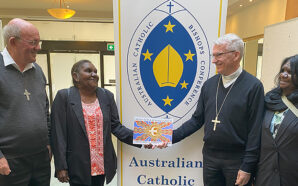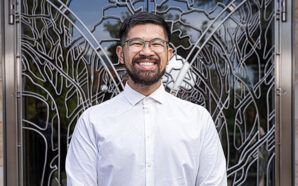30 July is the United Nations’ World Day against Trafficking in Persons
At first sight, a World Day against Trafficking Persons is a relic of other times and places. That it coincides with the feast day of Samuel Wilberforce, the most celebrated opponent of the English slave trade in the nineteenth century, might confirm that impression.
The evil that lies at the heart of trafficking persons and especially young persons, however, is not confined to the past. Human greed treats people as means to others’ enrichment and is willing to profit from other misfortunes. Wilberforce’s struggle against slave trading by British companies lasted so long because the profit made by it enriched many British merchants and investors. It was a core part of a three way trade: selling and transporting English-made goods to Africa in order to pay for slaves; transporting slaves to British colonies in the Americas to be sold to landowners; transporting sugar and other goods from the Americas to be sold in Britain. The enslavement, degradation and death toll involved in transporting as many slaves as possible at minimum cost were seen simply as the necessary cost reduction central to any profitable business.
Today the majority of people trafficked comprise women and children. They depend on others for their survival, and are often forced to do demeaning things. Young girls from poor families in Myanmar, for example, may be sold to Thai families who promise to look after them, but keep them as domestic servants. As they grow older, they are sold to factory owners who force them to do dangerous work in return for starvation wages. They are later on-sold to people who force them into sex work, and as they grow older and less profitable may be sold to brothel owners in Malaysia and later perhaps in Australia. Their passports are taken from them and they are kept in debt.
This is just one example of people who are serially trafficked. Children are also trafficked to provide body parts for patients wanting surgery, to join criminal gangs or militia, or to beg on the streets. Trafficking takes many different shapes, but in every case it involves exploiting people in great need by inflicting sufferings on them for the trafficker’s benefit.
Although most trafficking of persons is illegal in Australia, some forms of it are relatively common. Women are trafficked to Australia for sex work; firms use lax immigration regulations to exploit overseas workers. And the Government traffics people who seek protection to Papua New Guinea and Nauru where their sufferings are used to deter other would be asylum seekers.
Trafficking people, of course, is opposed to the respect for the humanity of each person that is central to Christian faith and to any humane understanding of the world. That is why we at Jesuit Social Services deplore it. We are encouraged by the example of Wilberforce and other Evangelical Christians of the nineteenth century who so strongly opposed the slave trade, and of Pope Francis who has been so outspoken about trafficking.
Jesus showed that each person is precious to God, and strongly criticised the habit of subordinating people to greed for money. Faith and the attitude that human beings can be treated like parcels, to be sent, stamped and dumped are irreconcilable.
For more information, please visit www.un.org/en/events/humantrafficking/index.shtml
Fr Andrew Hamilton SJ writes for Jesuit Communications and Jesuit Social Services.








